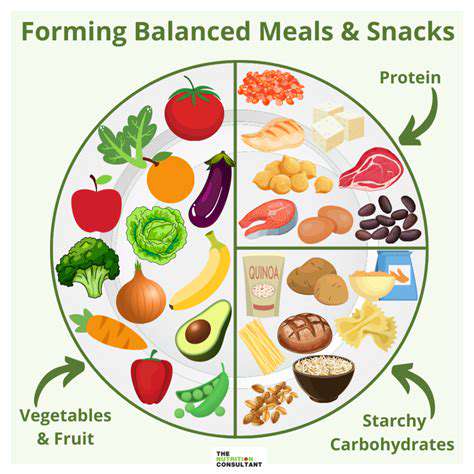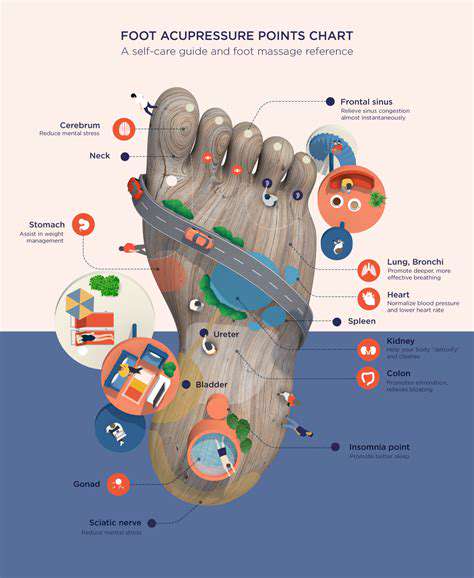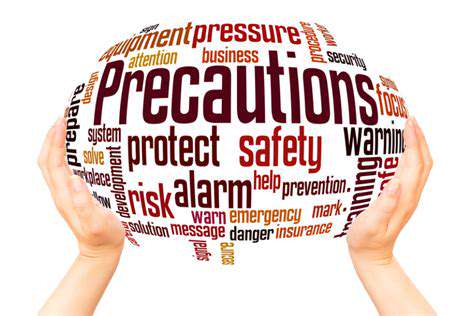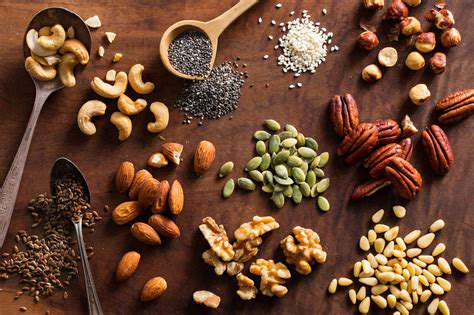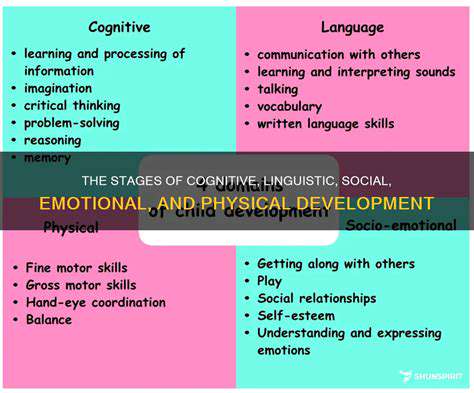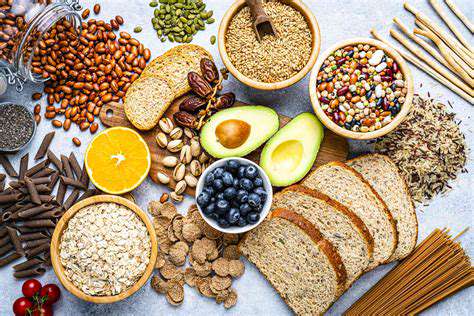The Importance of Electrolytes for Hydration
Electrolytes are essential minerals that carry an electrical charge and are fundamental to countless physiological processes. These charged particles help regulate fluid balance, support nerve signaling, and enable muscle contractions. Their significance for hydration and overall health cannot be overstated.
Many people overlook these microscopic powerhouses, yet life as we know it would be impossible without them. When electrolyte levels drop too low, the body's delicate systems begin to malfunction, potentially leading to fatigue, confusion, and more serious complications. Making electrolytes a dietary priority helps maintain peak physical and mental performance.
Maintaining Fluid Balance
Electrolytes serve as the body's natural hydration regulators. They create osmotic gradients that determine how water moves between different compartments - blood vessels, cells, and interstitial spaces. This precise water distribution affects everything from blood pressure to cellular metabolism.
The relationship between electrolytes and hydration forms a two-way street: proper hydration depends on electrolytes, while electrolyte balance requires adequate fluids. Even mild dehydration can disrupt this equilibrium, potentially causing headaches, dizziness, and impaired cognitive function.
Nerve and Muscle Function
Every thought, movement, and heartbeat relies on electrolytes. Sodium and potassium create the electrical impulses that travel along nerves, while calcium triggers muscle contractions. Magnesium acts as a natural relaxant, preventing overstimulation of nerves and muscles.
This electrochemical signaling system operates with remarkable precision, allowing for everything from delicate finger movements to powerful athletic performances. When electrolyte levels fall out of balance, the system falters, potentially leading to muscle twitches, weakness, or even dangerous arrhythmias.
Importance in Exercise and Athletic Performance
Physical activity dramatically increases electrolyte demands. Sweat contains significant amounts of sodium, potassium, and magnesium - minerals that must be replaced to maintain performance. Many athletes underestimate their electrolyte needs, focusing only on water intake.
The difference between hitting a personal best and hitting the wall often comes down to electrolyte balance. Proper electrolyte management helps prevent muscle cramps, maintains endurance, and speeds recovery. Serious athletes should consider their electrolyte intake as carefully as their training regimen.
Electrolyte Imbalances and Associated Conditions
While temporary imbalances often stem from dehydration or overhydration, chronic issues may indicate underlying health problems. Kidney disorders, hormonal imbalances, and certain medications can all disrupt electrolyte homeostasis. Even common conditions like diarrhea or vomiting can create dangerous mineral deficits.
Persistent fatigue, muscle weakness, or irregular heartbeats warrant medical evaluation, as these may signal significant electrolyte disturbances. Understanding these warning signs helps people seek timely care before complications develop.
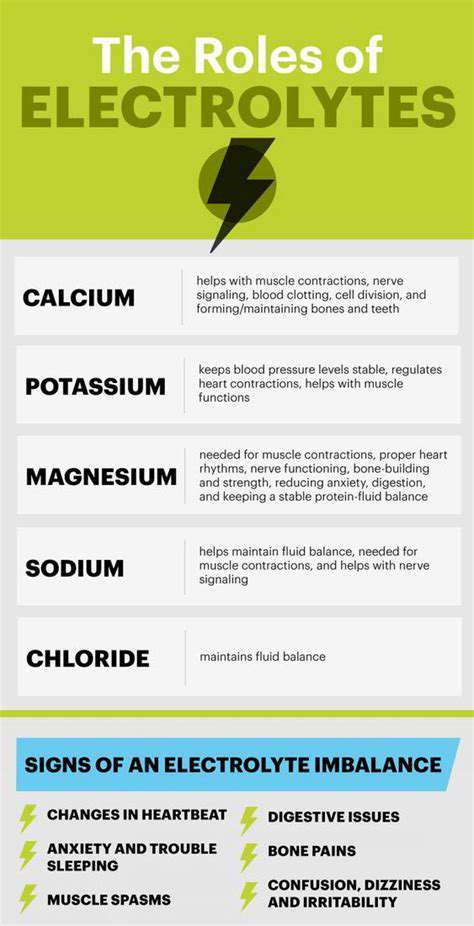
Hydration Strategies for Optimal Electrolyte Balance
Understanding Electrolytes
These charged minerals exist in a delicate dance throughout the body's fluids. Each electrolyte serves multiple functions, from maintaining pH balance to enabling enzyme activity. Sodium dominates extracellular fluids, while potassium prevails inside cells - this division creates the electrical potential that powers life.
Modern diets often disrupt this natural balance, with excessive sodium and insufficient potassium being common problems. Learning about food sources of different electrolytes helps people make better nutritional choices for long-term health.
The Role of Hydration in Electrolyte Balance
Water and electrolytes form an inseparable partnership. Fluids provide the medium for electrolyte transport, while electrolytes determine how water distributes throughout tissues. This synergy explains why drinking plain water during intense exercise can sometimes worsen dehydration - without accompanying electrolytes, water may not reach the cells that need it most.
Thirst mechanisms often lag behind actual fluid needs, especially in older adults. Developing regular hydration habits, rather than waiting for thirst, helps maintain consistent electrolyte balance throughout the day.
Electrolyte-Rich Foods for Support
Nature provides excellent electrolyte sources in whole food form. Coconut water offers a near-perfect balance of potassium and sodium. Leafy greens supply magnesium, while dairy products provide calcium. Even modest dietary changes - like adding avocado to meals or snacking on nuts - can significantly boost electrolyte intake.
Food-based electrolytes come packaged with complementary nutrients that enhance absorption and utilization. Unlike isolated supplements, whole foods provide electrolytes in ratios that the body recognizes and uses efficiently.
Electrolyte Imbalances: Recognizing the Signs
Early warning signs often appear subtle - a slight tremor, unusual fatigue, or increased thirst. As imbalances progress, symptoms become more pronounced: muscle spasms, confusion, or heart palpitations. Different electrolyte deficiencies produce distinct symptom patterns, though overlaps exist.
People taking diuretics or managing chronic conditions should remain particularly vigilant. Regular monitoring helps catch imbalances before they escalate into medical emergencies.
Sports Hydration and Electrolytes
Serious athletes may lose 1-3 grams of sodium per hour during intense training. This substantial loss requires deliberate replacement strategies. Many sports drinks contain insufficient electrolytes to match these losses, leading some athletes to create customized hydration formulas.
Individual sweat rates and electrolyte concentrations vary widely, making personal experimentation valuable. Weighing before and after workouts helps estimate fluid losses, while paying attention to performance and recovery provides feedback on electrolyte needs.
Electrolyte Supplements: When and How to Use Them
Supplementation makes sense in specific scenarios: endurance events, heat exposure, or illness-related fluid loss. However, indiscriminate use can create problems - excess sodium may raise blood pressure, while too much potassium can disrupt heart rhythm.
Quality matters tremendously with electrolyte supplements. Many commercial products contain excessive sugar and inadequate mineral levels. Seeking products with research-backed formulations or consulting a sports nutritionist can help optimize supplementation strategies.

